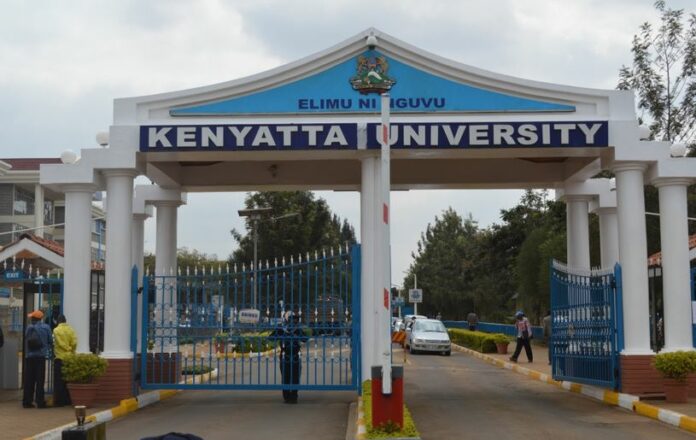BY THE STAR: Plans are underway to scrap the 47-year-old Bachelor of Education degree.
In radical proposals by Education ministry policy experts, the popular B.Ed will be abolished and replaced with a five-year rigorous teacher training programme.
Under the proposal, secondary school graduates who qualify to join university will do basic degrees in either science or arts before proceeding for a one-year postgraduate diploma training.
The Teachers Service Commission (TSC) will enrol them as teachers after successful completion of the postgraduate diploma.
The government, in what appears to have been borrowed heavily from the training of advocates, will establish the Kenya School of Education to offer final exams and certification to trainees joining the teaching profession.
The five years will be divided into two tiers. The students will first be required to complete a bachelor’s degree in either science or arts in two subjects they wish to teach.
TSC reveals plan to hire 95,000 teachers, 100,000 interns
This will be followed by a post-graduate diploma in education scheduled to run for a year.
Secondary school teachers will only be certified and allowed to teach after the post-graduate diploma.
In the first four years, the learners will acquire their Bachelor’s degree to equip them on subject content followed by a diploma that will take a year to equip them with ethics, and management skills.
The government, in what appears to have been borrowed heavily from the training of advocates, will establish the Kenya School of Education to offer final exams and certification to trainees joining the teaching profession.
The five years will be divided into two tiers. The students will first be required to complete a bachelor’s degree in either science or arts in two subjects they wish to teach. The new policy is backed by Kenya Secondary Schools Heads Association, Kenya National Union of Teachers and the Kenya Union of Post Primary Education Teachers.

Yesterday, Education Principal Secretary Belio Kipsang’ hinted at the new policy shift but was cagey on the details.
“We are still in the formation of the Kenya School of Education to centralise our matters teaching and management with the help of TSC,” Kipsang said at the Kenya School of Government.
The PS said the proposal seeks to prepare educators’ public personalities and teaching styles as well as develop their classroom interaction skills. KESSHA chairman Indimuli Kahi terms as “shallow” the current training programme for teachers.
“As it is currently, teachers graduate when they do not know what to achieve… The current training is shallow and leaves key aspects such as teaching the graduates how to behave like teachers, how to manage your emotions, how to treat male students in the case a teacher is female and vice versa,” Kahi.
He argued that the current B.Ed training fails to factor in proper behavioural skills required of a teacher such as anger management.
Education experts say the proposed policy is not being advanced because the Education degree is no longer marketable, but to professionalise and regulate secondary school teacher training. The B.Ed was introduced in Kenyan universities in 1972.
Traditionally, the majority of secondary school teachers are trained at public universities and diploma colleges and are required to specialise in two teaching subjects. Those trained in public universities spend four years while those in diploma colleges train for three years before receiving certification.
This means, at the end of their four years in universities, the graduates can opt to take the state licensing exam and become fully certified teachers by attending KSE. This is similar to the Kenya School of Law where law graduates go after completing an undergraduate degree from recognised universities to be prepared for admission to the bar.
In the KSE scenario, the graduates will be equipped with skills to interact with pupils, parents, teacher colleagues and the community at large. Even as they support the proposal, secondary school principals propose the shift to fully focus on developing teachers ethics.
In phasing out the programme, ministry officials want the KSE to be hosted in teachers training institutions. This comes amid a backdrop of surplus teachers churned out from teaching colleges and universities.
After the completion of the two-year course, the trainees are awarded a P1 certificate. Three public colleges offer diploma in Education, a course that takes three years.









